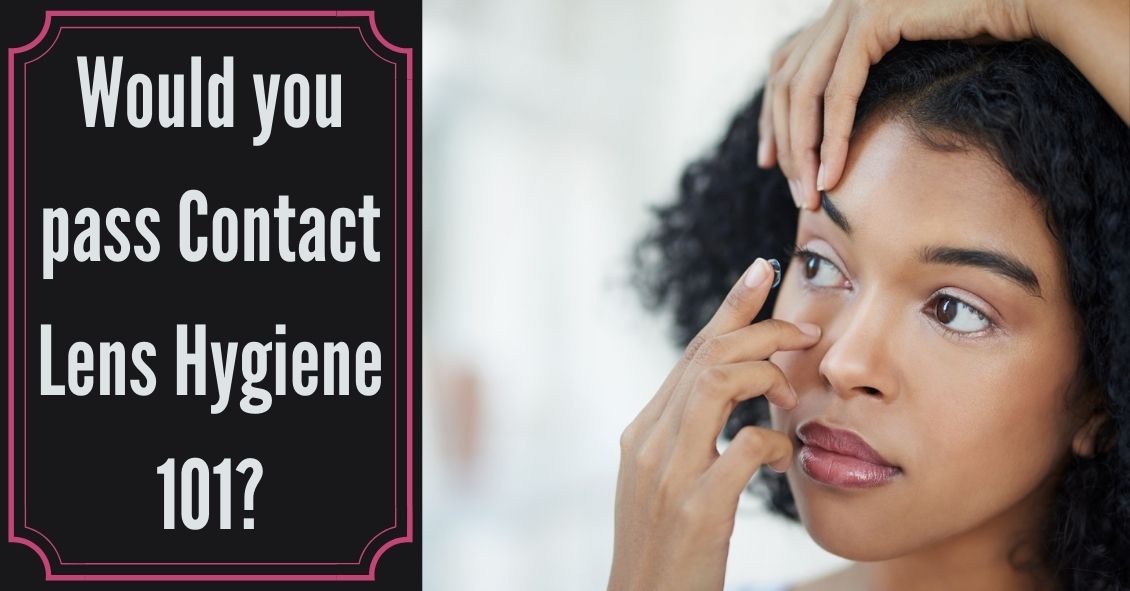Blog

Cataracts are part of the natural aging process. Everyone gets them to one degree or another if they live long enough. Cataracts, as they progress, create increasing difficulty with the normal activities of living. The symptoms vary from one person to another. Some people have more difficulty with their distance vision, some with reading. People may report difficulty with glare, or foggy, blurry, or hazy vision.
Doctors have noticed an increase in requests for second opinions because patients are sometimes told they have cataracts and they HAVE to have surgery--even though the patient has no visual complaints. Just having a cataract is not a reason to have cataract surgery.
According to the American Academy of Ophthalmology, "The decision to recommend cataract surgery should be based on consideration of the following factors: visual acuity, visual impairment, and potential for functional benefits." Therefore, the presence of a cataract is not enough to recommend surgery....

Hygiene is critical to wearing your contact lenses safely.
Contact lenses can significantly improve your vision, but it’s essential to care for them properly to avoid potentially serious infections or other problems.
These recommendations will help extend the life of your contact lenses and keep your eyes safe and healthy.
Your lens insertion and removal routine
- Before you handle contacts, wash and rinse your hands with a mild soap.
- Make sure the soap doesn’t have perfumes, oils, or lotions. They can leave a film on your hands.
- Dry your hands with a clean, lint-free towel before touching your contacts.
- It’s a good idea to keep your fingernails short and smooth so you won't damage your lenses or scratch your eye when inserting or removing your contacts.
- Lightly rubbing your contact in the palm of your hand with a few drops of solution helps remove surface build-up.
- Rinse your lenses thoroughly with a recommended solution before soaking the contacts...


